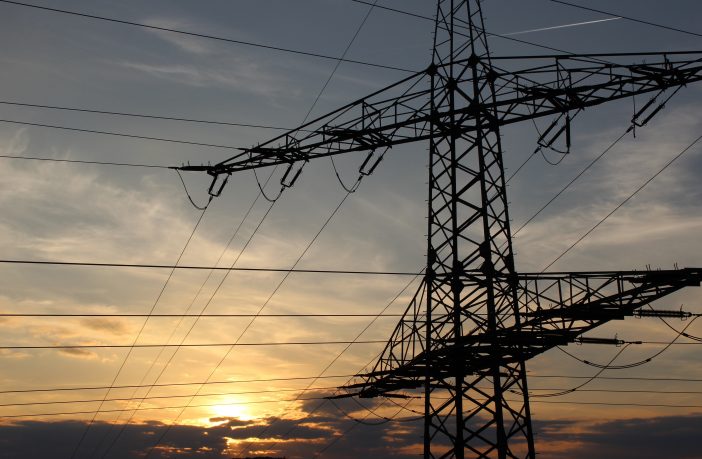- The Association of Nigerian Electricity Distributors (ANED) has rejected the decision by government to restructure Discos (electricity distributors).
ANED has rejected the federal government’s decision to restructure electricity distribution companies in the country. It added that the government failed to fulfil its N100 billion ($239 million) subsidy and other privatisation promises made since 2013, the executive director, research and advocacy, Sunday Oduntan, disclosed in a statement.
At least five companies, including Abuja Disco, Benin Disco, Ibadan Disco, Kaduna and Kano Discos, have been taken over by the banks they borrowed money from after failing to break even.
Related news: New Mega Transformers for Nigeria to Boost Grid Reliability
Both NERC and BPE stated that the bulk of the equity in the companies would be sold to competent private sector investors who will re-capitalise and efficiently run the businesses.
The government claimed to have confirmations that Fidelity Bank would actively participate in all market initiatives now underway that aim to develop the sector, including the National Mass Metering Programme.
But the group claimed that by failing to “meet existent standards and regulations,” the government – via the Bureau of Public Enterprise and Nigerian Electricity Regulatory Commission – has a hand in the failure of the electricity industry.
The statement said that due to the action, the federal government has appropriated or indirectly renationalised the Discos.
“Not only were the investors short-changed because of insufficient and unreliable data that was provided by BPE to them during the privatisation process, but the government also committed to and failed to deliver on Discos’ debt-free financial books, payment of Ministries, Department and Agencies (MDA) electricity debts and N100 billion subsidy,” he said.
“For a correct understanding of the performance issues, the Discos have encountered since privatisation, such re-nationalisation or expropriation must be seen in the historical context that it requires.
“Fundamentally, the basis of privatisation was flawed from the beginning, due to conditions that were not met by the Federal Government, while expecting the Discos to meet their performance obligations,” he said.
Author: Nomvuyo Tena
Nomvuyo Tena is a Content Producer at Vuka Group and is as passionate about the energy transition in Africa as she is about music and Beyonce.
This article was originally published on ESI Africa and is republished with permission with minor editorial changes.
















